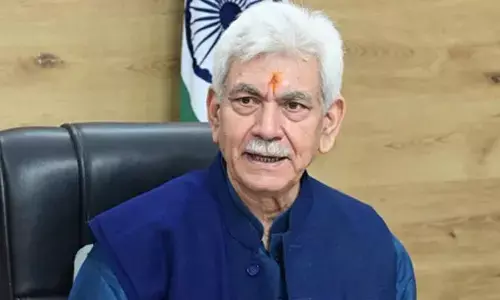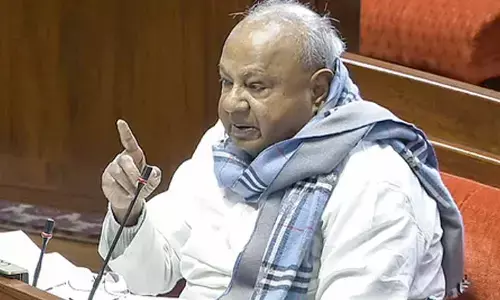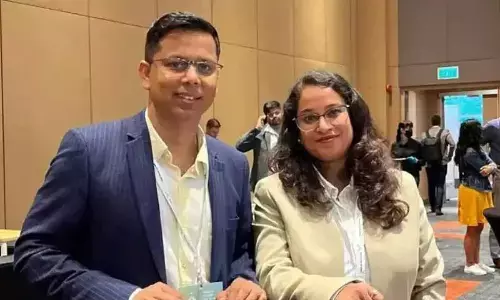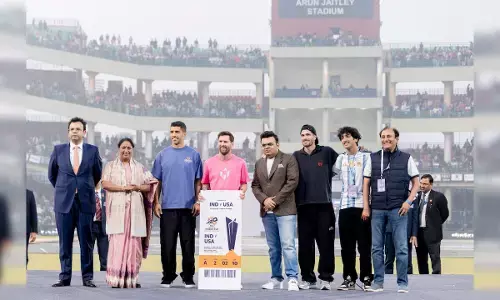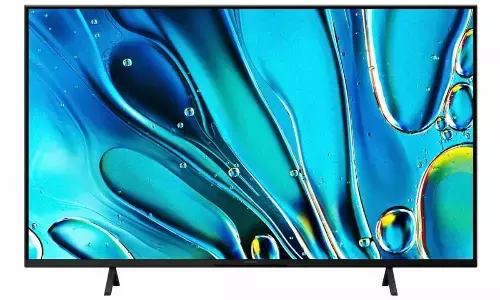Indian women highly deficient in Vitamin D
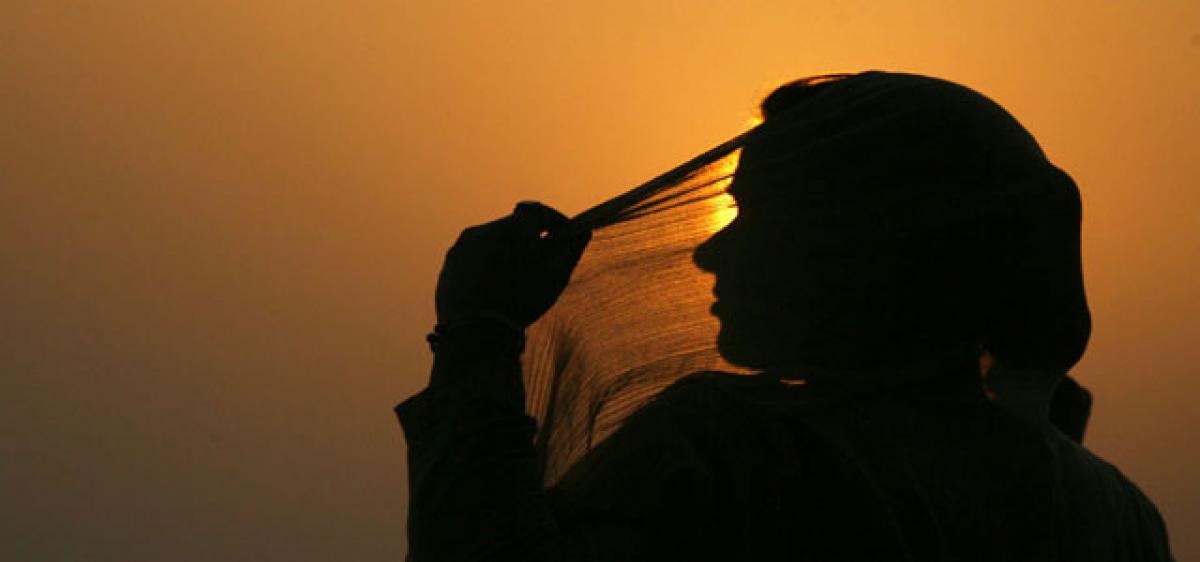
SRL Diagnostics, India’s leading global diagnostic chain recently released a four-year long pan India data survey (2013 – 2016) on Vitamin D level in Indian Women.
75 to 80 per cent of women across India suffer from inadequate Vitamin D levels in their blood
SRL Diagnostics, India’s leading global diagnostic chain recently released a four-year long pan India data survey (2013 – 2016) on Vitamin D level in Indian Women. Out of the total samples tested, SRL data showed that 75 to 80 per cent of women across India had inadequate Vitamin D levels in their blood. The case is more severe in South Zone where approx. 81 per cent women had this finding.
Low vitamin D levels are widely known to harm bones, leading them to become thin, brittle, soft and susceptible to fracture. Myriad research studies have shown that vitamin D is important for reducing hypertension, atherosclerotic heart disease, heart attack, and stroke also. Women seem to have a harder time stimulating the mechanism that builds bone tissue when their estrogen levels are reduced post menopause.
Dr Deepa Dave, Director –Operations SRL Labs says, “Vitamin D deficiency is a silent disease but people may present with chronic muscle pains, spasms low energy levels, depression, mood swings, and sleep irregularities. Another symptom a person deficient in vitamin D may have is head sweating. One should rule out vitamin D deficiency in such scenarios by going for a blood test.
The person can be advised adding a vitamin D supplement to the diet or even be prescribed vitamin D injections if it is too low. A simple advice would also be going out in the sun every day.” Cultural and social taboos often dictate lifestyle patterns such as clothing that may limit sun exposure, and vegetarianism which limits vitamin D rich dietary options.
A girl child who is sidelined, more often than not, in India receives less nutritional supply. Indian women, particularly in rural India, following ‘pardah’ system and certain religions following ‘burqa’ system spend most of their time indoor and have their body and face covered with veil all the time, thereby preventing adequate sun exposure.
At the same time, women from urban areas who use sunscreen lotions are also at risk. As per available data, all over India, nutritional deficiency including vitamin D deficiency is highly prevalent in pregnant women and lactating mothers.









